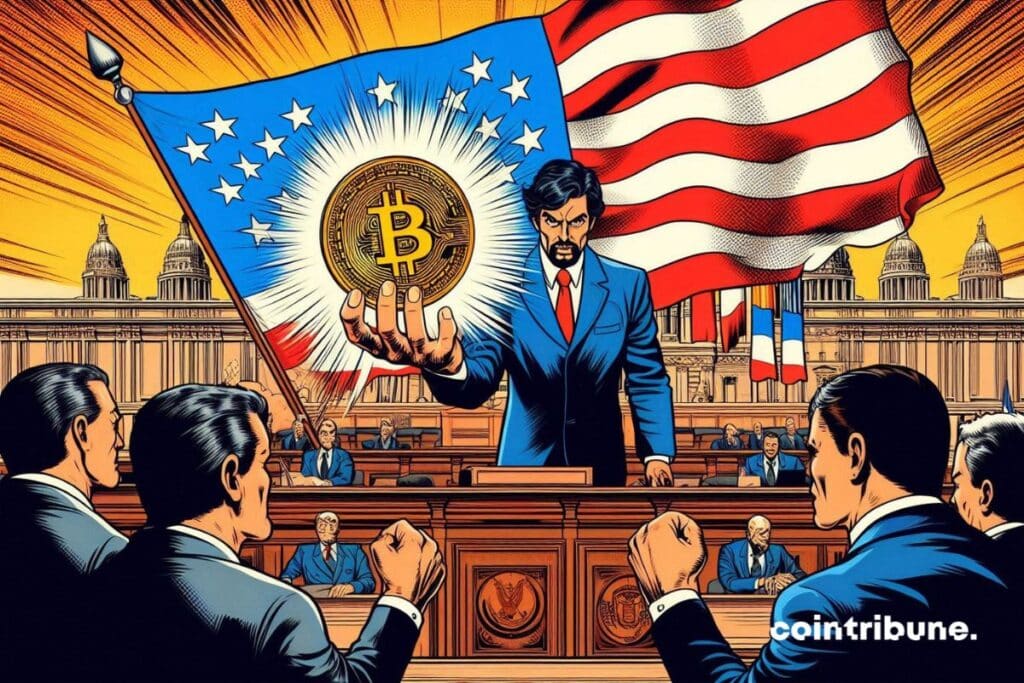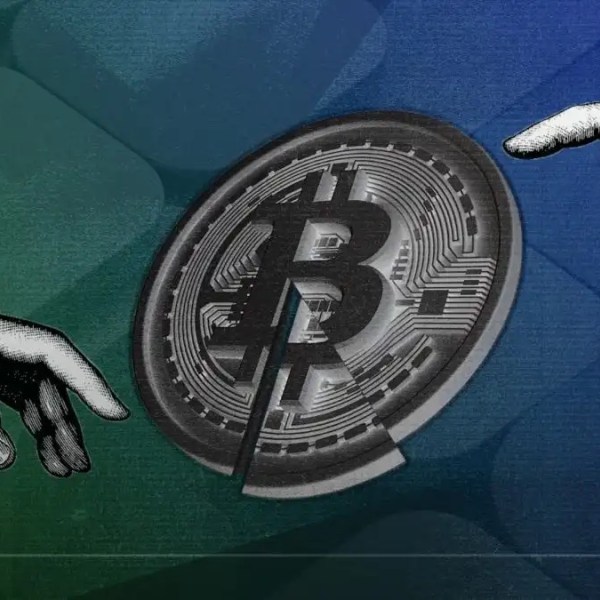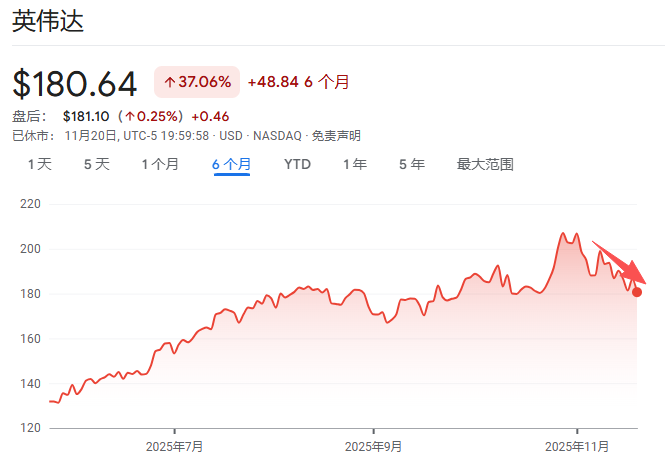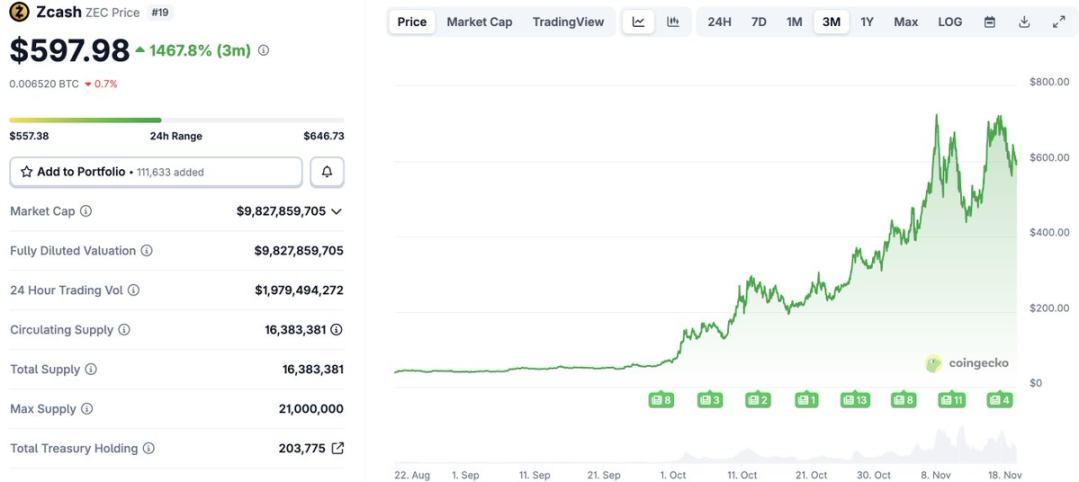France: Éric Ciotti Opposes U.S. Takeover of Exaion, Defends Bitcoin Mining
Bitcoin is establishing itself as a major issue in France, far beyond just a simple crypto. Between economic opportunities and political challenges, its adoption divides, while figures like Éric Ciotti (UDR) make it a symbol of national sovereignty. Analysis of a debate that could redefine the country’s energy and technological future.

In brief
- Éric Ciotti proposes using French electricity surpluses for bitcoin mining and opposes the acquisition of Exaion by Americans.
- Exaion: its bitcoin mining model via nuclear energy could revolutionize the industry, but its acquisition by the USA threatens French autonomy.
Why Éric Ciotti (UDR) bets on bitcoin: the strategy dividing France
Long considered a niche for insiders, bitcoin (BTC) is now at the heart of political strategies. Éric Ciotti, president of the Union of Rights for the Republic (UDR), makes it a flagship cause with a strong argument: to leverage French electricity surpluses to mine bitcoin rather than “selling off” them abroad. A position that appeals while 18% of the French now hold cryptos ! A young and connected electorate that traditional parties struggle to capture.
Why this turnaround? The answer comes down to two words: sovereignty and innovation.
High-performance computing and Bitcoin mining are not mere technological curiosities: they are useful, value-creating activities.
Éric Ciotti recently declared.
Exaion, the French BTC gem coveted by the United States
At the heart of this battle: Exaion, the EDF startup specializing in bitcoin mining and artificial intelligence (AI). Indeed, its acquisition by the American giant Mara has sparked an outcry. Éric Ciotti strongly opposes this acquisition by the United States , fears a loss of sovereignty, and calls to block the transaction.
Why? Because Exaion represents a virtuous model: recycling surplus energy to power bitcoin mining, thus avoiding waste while generating revenue. In a France where 70% of electricity is of nuclear origin, the potential is therefore immense. A solution that could also secure the electrical grid by adjusting demand to production peaks.
What future for bitcoin in France?
Two scenarios face off:
- Regulated adoption:
This involves the development of a legal framework for bitcoin mining, with environmental and fiscal safeguards. The RN/UDR bill could then serve as a basis for a national experiment, using nuclear surpluses to mine BTC while securing the electrical grid.
- Status quo:
Maintain strict regulation, risking France losing its technological lead to more daring countries like the United States.
One thing is sure: the debate is launched. With presidential elections on the horizon in 2027, bitcoin could well become a political marker, between those who see it as a historic opportunity and those who fear a speculative bubble, especially now when BTC renews its correlation with gold and reaches $118,000 . And you, would you be ready to see France mine bitcoin (BTC) with its nuclear energy?
Disclaimer: The content of this article solely reflects the author's opinion and does not represent the platform in any capacity. This article is not intended to serve as a reference for making investment decisions.
You may also like
Has the four-year cycle of Bitcoin failed?
The various anomalies in this cycle—including waning sentiment, weakening returns, disrupted rhythms, and institutional dominance—have indeed led the market to intuitively feel that the familiar four-year cycle is no longer effective.

At an internal Nvidia meeting, Jensen Huang admitted: It's too difficult. "If we do well, it's an AI bubble," and "if we fall even slightly short of expectations, the whole world will collapse."
Jensen Huang has rarely admitted that Nvidia is now facing an unsolvable dilemma: if its performance is outstanding, it will be accused of fueling the AI bubble; if its performance disappoints, it will be seen as evidence that the bubble has burst.

After a 1460% Surge: Reassessing the Value Foundation of ZEC
Narratives and sentiment can create myths, but fundamentals determine how far those myths can go.

The demise of a DAT company
The $1 billion Ethereum DAT plan led by Li Lin and others has been shelved due to the bear market, and funds have been returned. This "going with the flow" approach may reflect consideration of investor sentiment.
